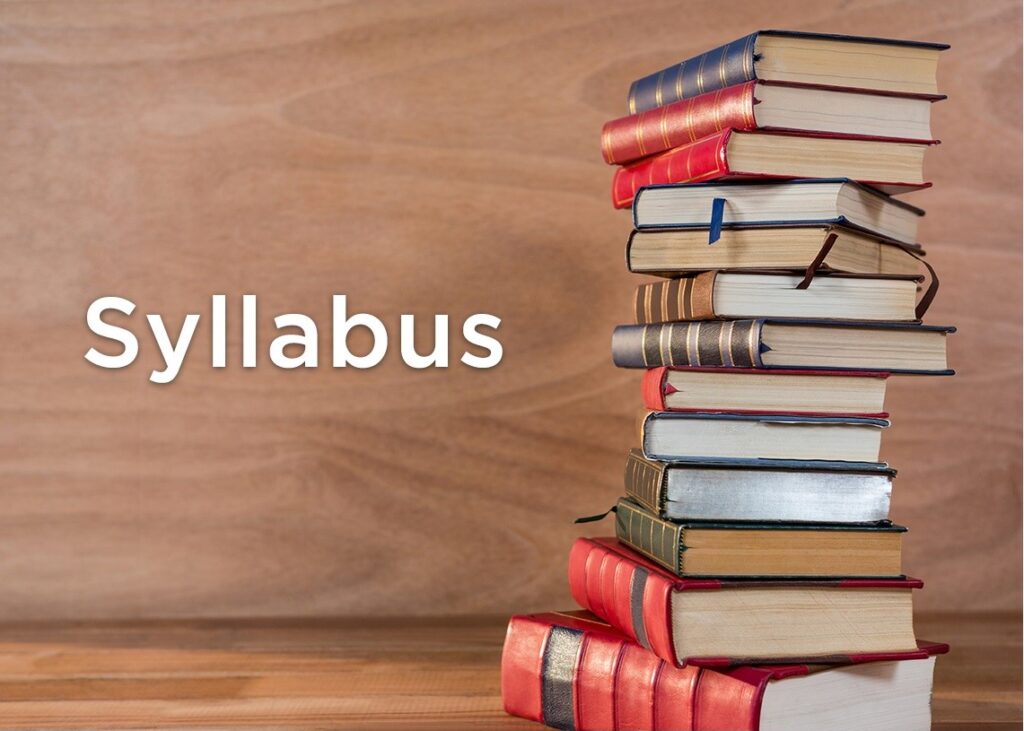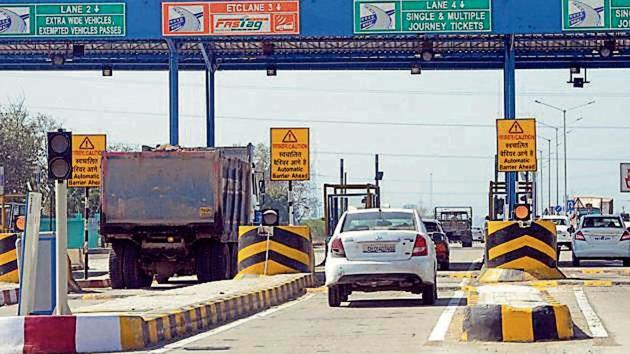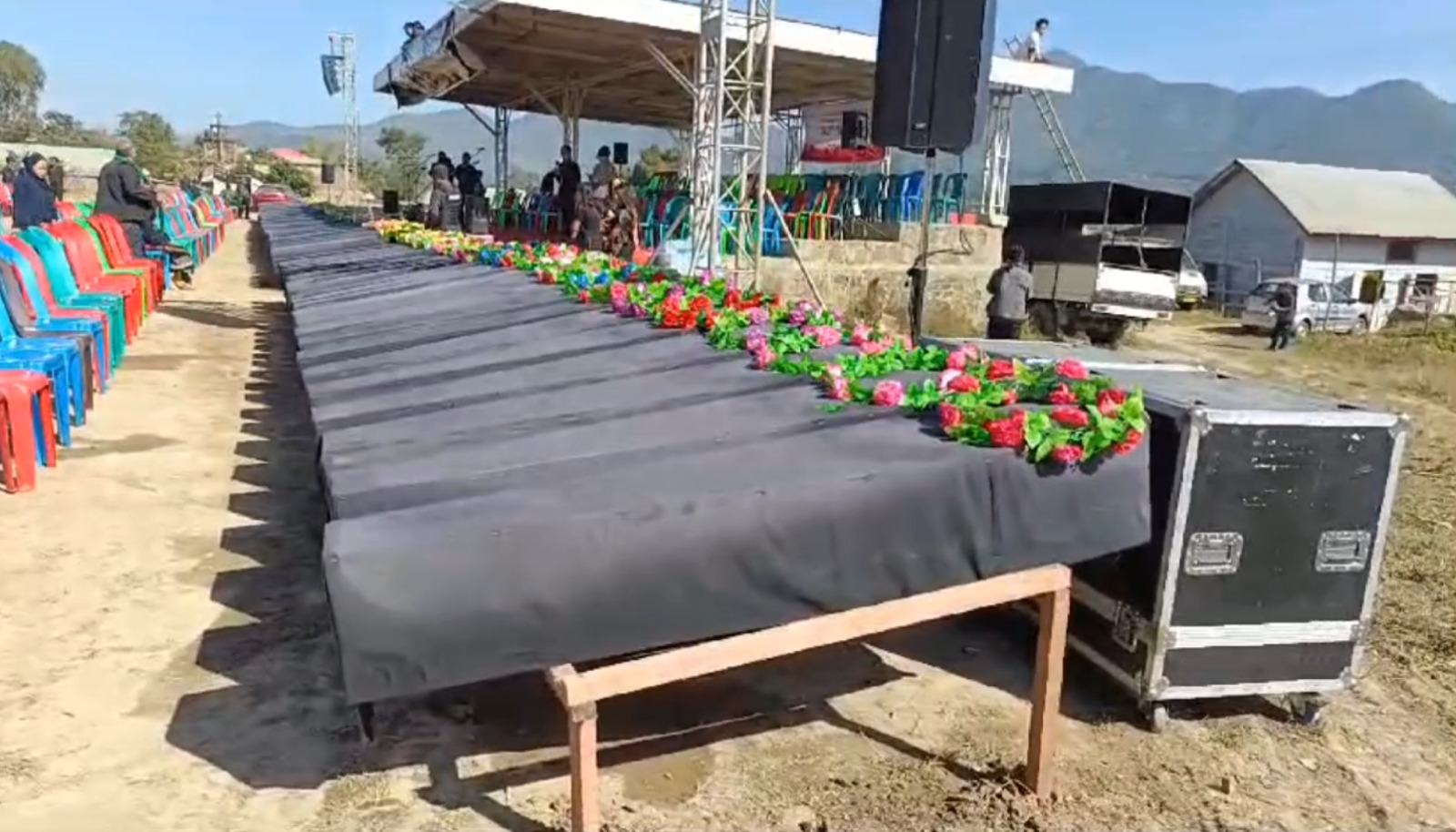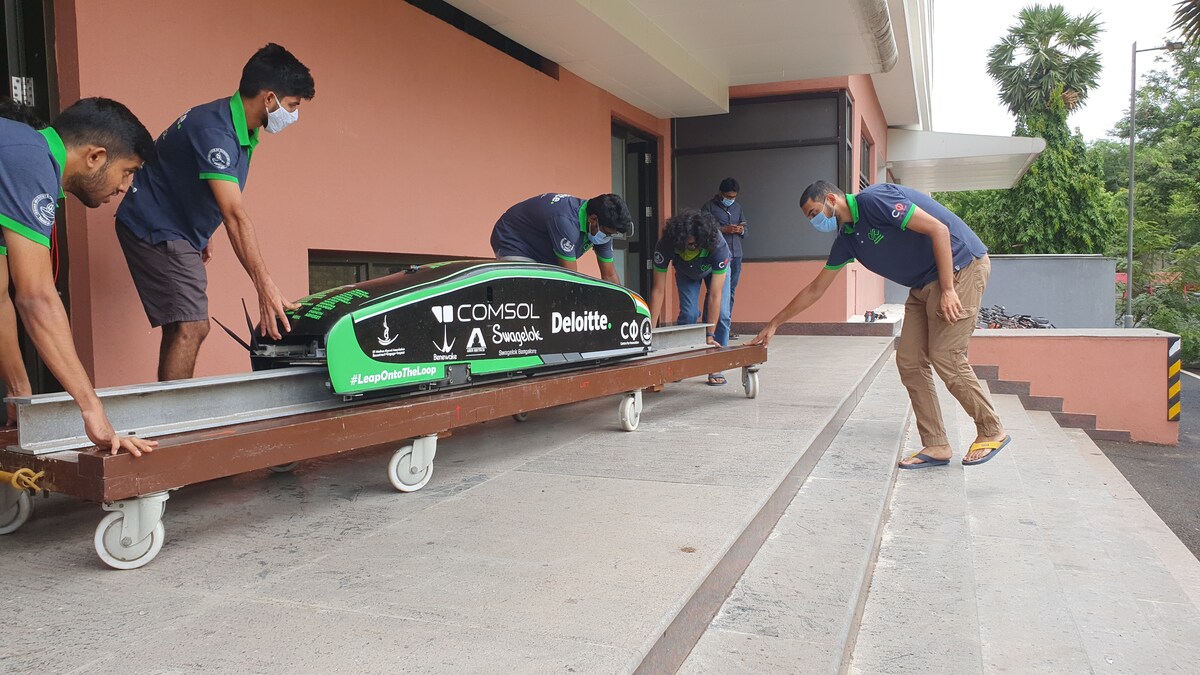
The CBSE recommends open-book exams for students in grades 9 through 12. Previously, for three years between 2014–15 and 2016–17, CBSE tested an Open Text Based Assessment (OTBA) for the exams of Classes 9 and 11.
In accordance with the most recent National Curriculum Framework for School Education (NCFSE) guidelines, the Central Board of Secondary Education (CBSE) suggested that students in grades 9 through 12 take Open Book Examinations (OBE).
For English, Mathematics, and Science for Classes 9 and 10, and English, Mathematics, and Biology for Classes 11 and 12, later this year, the CBSE has recommended a trial run of open-book exams in a few chosen schools. This was suggested in order to find out how the stakeholders responded and how long it took the students to finish these kinds of exams.


In the past, the student body and academic community recorded negative comments when the CBSE experimented with an Open Text Based Assessment (OTBA) for the exams of Classes 9 and 11 for three years, from 2014–15 to 2016–17.
The assessment is scheduled to take place in November or December of this year. The CBSE will make the decision on the implementation of this method of evaluation in all of its schools for Classes 9 through 12. Additionally, CBSE has chosen to confer with Delhi University (DU).
In the face of student resistance, Delhi University implemented open-book exams for COVID-19 and requested that students bring their own study materials, devices, answer sheets, and hand sanitizers to minimize interaction.
What is an open-book exam?
Exams that are open-book are designed to assess students’ higher-order thinking abilities by deviating from the traditional exam format.
Students were given text material four months ahead of time for the open text based assessment (OTBA) administered by the CBSE, and they were permitted to bring case studies with them to the test. While responding to questions, students are permitted to consult their notes or textbooks. As a result, pupils are able to think critically and abandon the rote learning strategy needed to pass tests.

































































































































































































































































































































































































































































































































































































































































































































































































